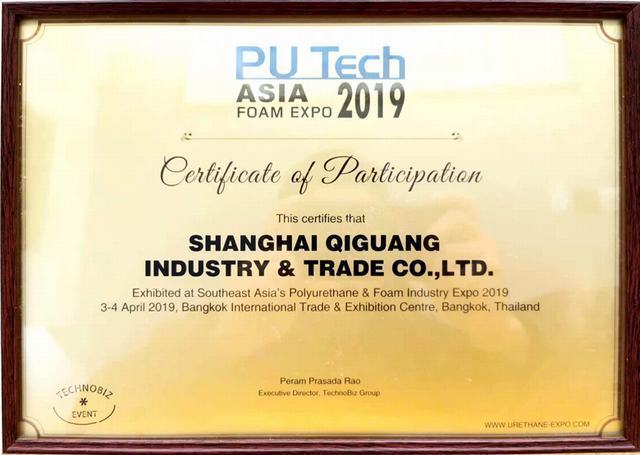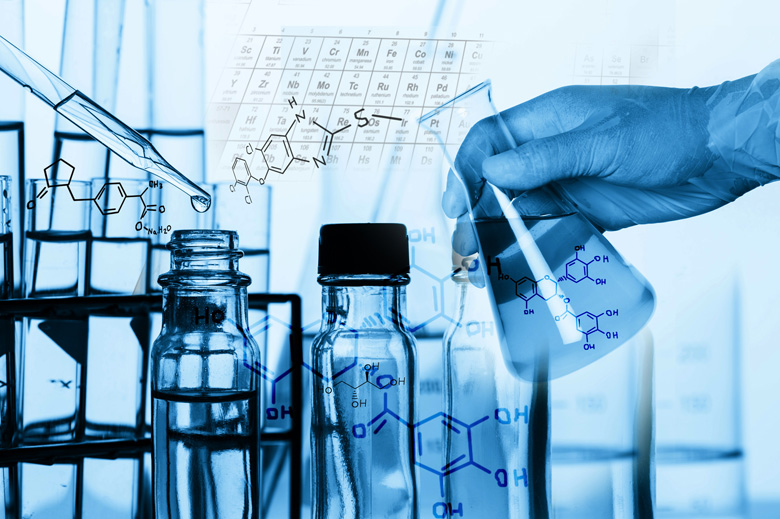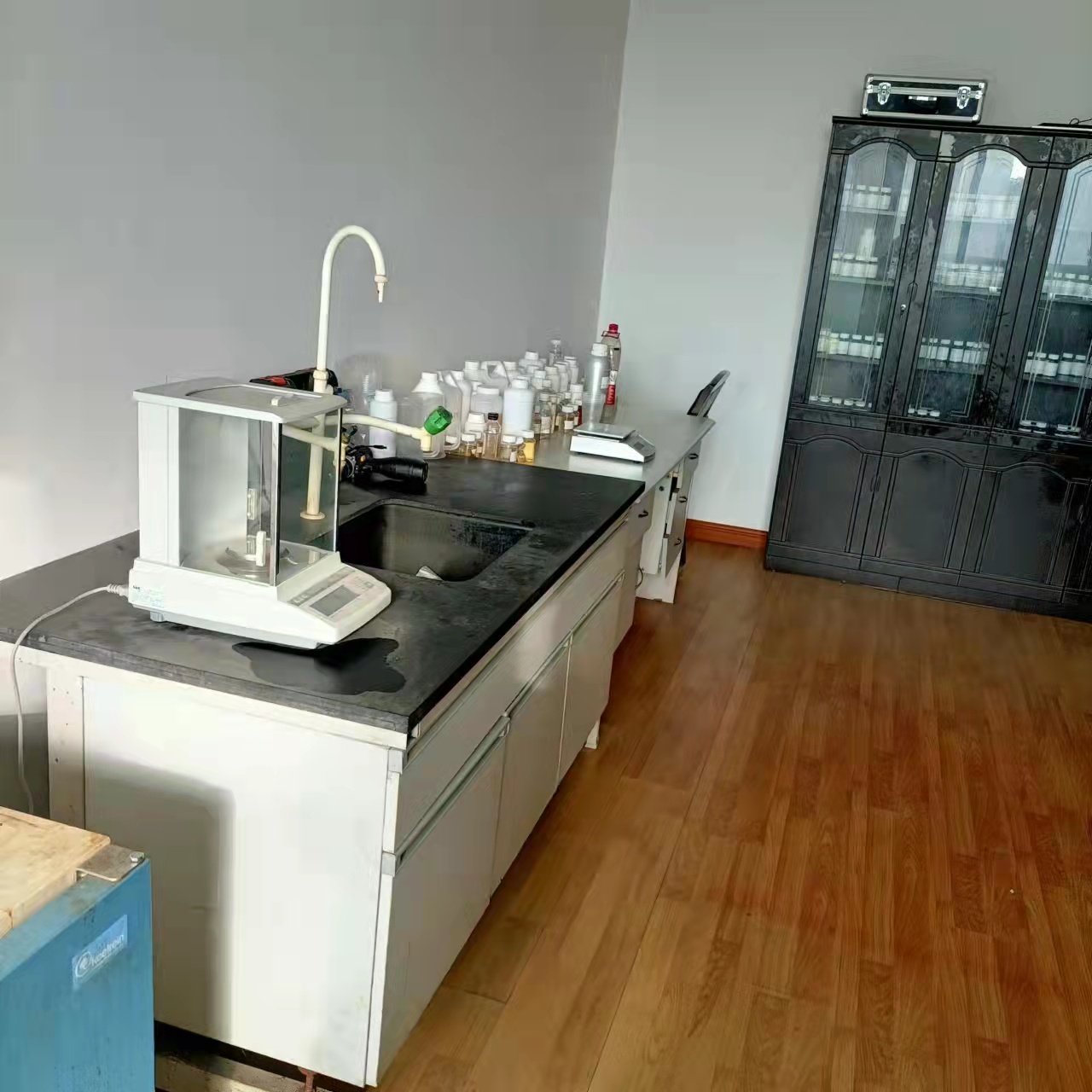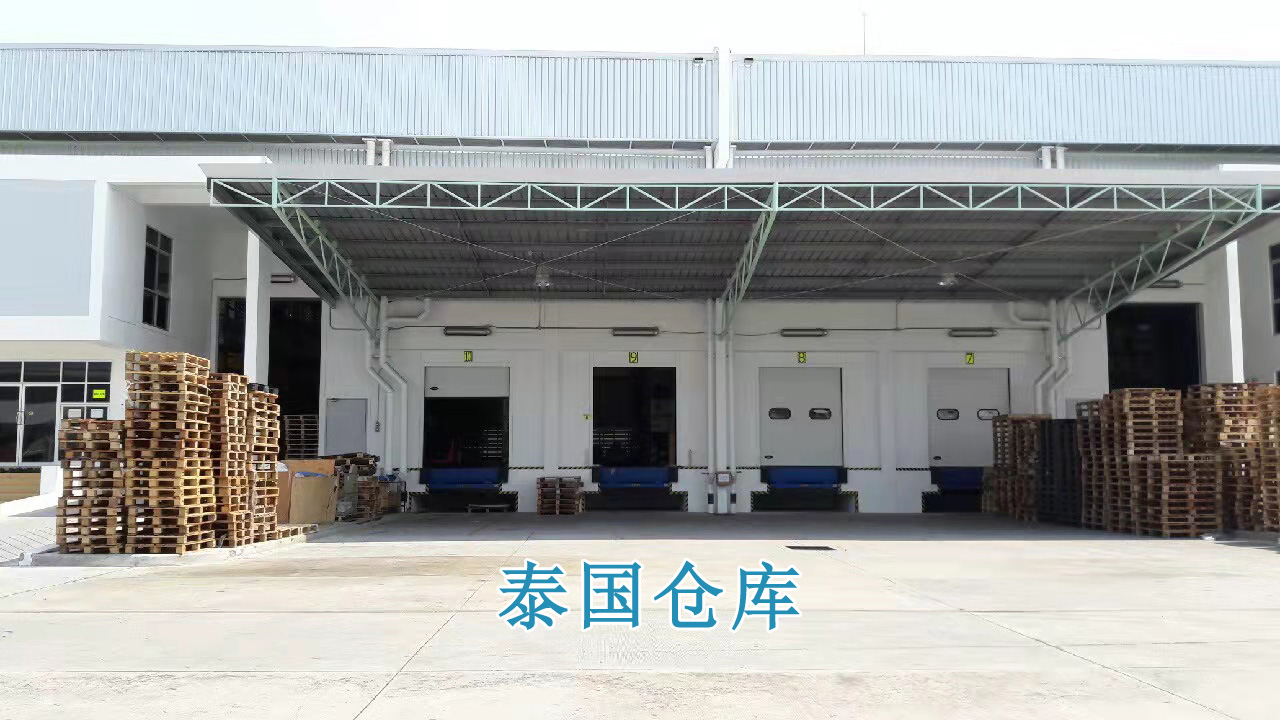Powder coatings usually take polyester resin as the main raw material, and the performance of polyester has a great influence on the coating. Polyester resin is made by heating condensation of dibasic acid and diol. The performance of polyester mainly depends on the molecular weight size and molecular weight distribution of polyester resin. Polyester resin synthesized with neopentyl glycol has good weather resistance and high film strength, and is mainly used as high-level baking paint and self-drying paint. Polyester resins synthesized with ethylene glycol have good abrasion resistance and dimensional stability, and are widely used in the fields of fibers and engineering plastics. Because of the neopentyl structure in the molecule of neopentyl glycol, it plays a protective role in the molecular chain of polyester resin, which makes the powder coatings prepared from this kind of resin have excellent stability and fluidity. The synthesis of polyester can be controlled by adding catalysts to control the reaction rate, thus controlling the molecular weight and molecular weight distribution of polyester. During the reaction process, the exothermic nature of the violent reaction will lead to the loss of polyol and incomplete reaction, and by adjusting the ratio of diols and dicarboxylic acids, the use of step-up heating process and the selection of specific catalysts are also important ways to control the reaction process. There is a wide variety of catalysts used for esterification reactions, including tin, antimony and titanium. In the traditional polyester resin synthesis process, organotin compounds are usually used as esterification catalysts. Organotin compounds are formed by the direct combination of carbon and tin elements to form metal-organic compounds, as catalysts with few side reactions, do not affect the purity and quality of the product and other characteristics, the catalytic effect is good, and organotin catalysts are thermally stable and non-corrosive, the end of the reaction does not need to be separated, no need for post-treatment, convenient production, but also can greatly shorten the process cycle. Organotin catalysts are mainly monobutyltin (MBT) and dibutyltin (DBT) organotin compounds, of which MBT is a traditional high-efficiency organotin catalyst widely used. In this paper, five kinds of organotin catalysts are used to catalyze the synthesis of two kinds of polyester resins, to study the catalytic performance of the five kinds of catalysts as well as the effect on the polyester resins, and to compare the catalytic rate of the same kind of catalysts in the synthesis of two kinds of polyester.

1.1 Raw materials
Neopentyl glycol, industrial grade, Wanhua Chemical Group Co., Ltd; ethylene glycol, industrial grade, Shandong Hengxin Chemical Co., Ltd; diethylene glycol, industrial grade, Guangzhou Canlian Chemical Co., Ltd; terephthalic acid, industrial grade, Jinan Auchen Chemical Co.

PC9800, PC4100 and PC779 are white powder, PC380 and PC918 are slightly yellow oily liquid. pc4100 is monobutyltin oxide, pc9800 and pc918 are chelates of tin, pc779 and pc380 are derivatives of monobutyltin oxide. Since butyltin is not environmentally friendly, PC4100, PC779 and PC380, which contain butyltin components, are subject to foreign export restrictions, while PC9800 and PC918 are new environmentally friendly catalysts as they do not contain harmful components such as butyltin.
1.2 Instrument
ZNHW Intelligent Temperature Control Instrument, Shanghai Purdue Science and Technology Co., Ltd; WAY2S Digital Abbe Refractometer, Shanghai Precision Scientific Instrument Co., Ltd; PLGPC50 Gel Permeation Chromatograph, Beijing Pritik Instrument Co.

1.3 Synthesis of two polyester resins
EG-PTA polyester resin is a polymerization system with ethylene glycol (EG), diethylene glycol (DEG) and terephthalic acid (PTA) as raw materials, and NPG-PTA polyester resin is a polymerization system with neopentyl glycol (NPG) and terephthalic acid (PTA) as raw materials. The synthesis process of EG-PTA polyester resin was as follows: according to the mass fractions of 18.93%, 15.37% and 65.75%, respectively, weighed a total mass of 1.6 kg of ethylene glycol, diethylene glycol and terephthalic acid, and the dosage of five kinds of organotin catalysts was 0.08% of total mass. The weighed ethylene glycol and diethylene glycol were poured into a 2L four-necked flask, heated up to 85 ℃, and the stirring speed was set to 150 r/min. The organotin catalysts and terephthalic acid were added into the flask, and the temperature was heated up to 180 ℃, and the stirring speed was set to 200 r/min. The refluxing was performed for 40 min, and then the temperature was heated to 240 ℃ in stepwise manner by connecting the condensate, and the reaction time, the reaction temperature, the condensate temperature, and the water output were recorded. The reaction time, reaction temperature, condensation temperature and water output were recorded. The condensation temperature decreased to indicate that no water was generated during the reaction, which was regarded as the end point of the reaction, and the refractive index of the esterified water was determined.The synthesis process of NPG-PTA polyester resin was the same as that of EG-PTA polyester resin, in which the reaction was carried out according to the mass fractions of 40% and 40%, respectively.

